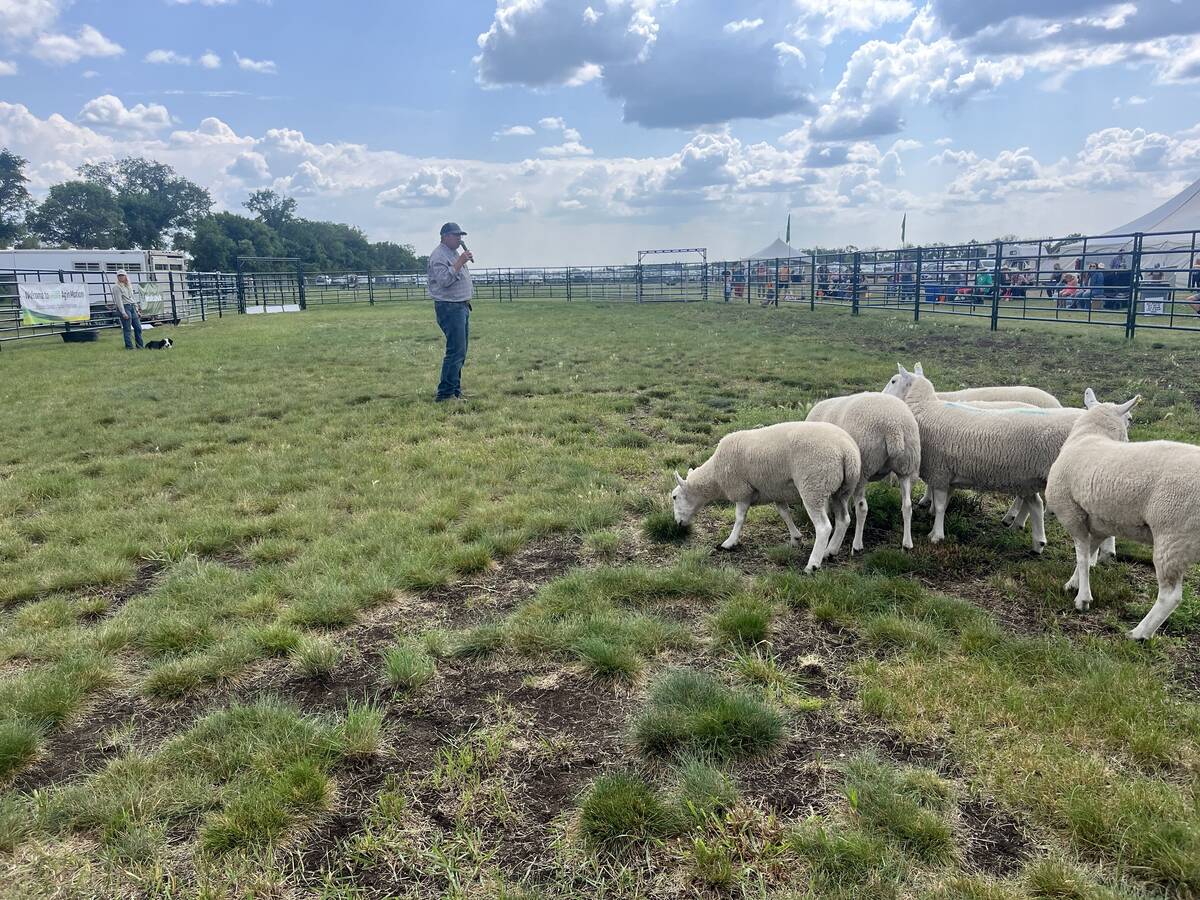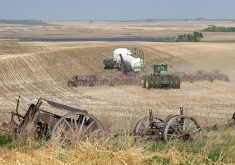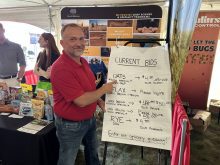A new undergraduate degree program is set to prepare students for jobs in the agri-food sector.
Applications have started for the bachelor of science in food industry management degree at the University of Saskatchewan in September 2023.
After more than a year of development, the course is designed to meet the industry need for graduates with training in food science, agribusiness and marketing.
“We really think that this is going to fill a gap that’s increasingly going to be in demand,” said Darren Korber, department head of food and bioproduct sciences.
Read Also

Stock dogs show off herding skills at Ag in Motion
Stock dogs draw a crowd at Ag in Motion. Border collies and other herding breeds are well known for the work they do on the farm.
To prepare them for work in the sector, students will learn advanced food science, agri-food economics, food management practices and food industry policy.
“They’re going to come away with a very strong portfolio for working in basically the value-added food sector here,” Korber said.
He expects many graduates will move directly into food producing operations, potentially as food operations managers, food marketing managers or business development officers, and have the ability to work in blended roles with smaller organizations.
“You’d want people to be able to do multiple things and our training will provide them with a really good entry level start for those kinds of jobs.”
Last year the agri-food economy generated $134.9 billion for the country, which is 6.8 percent of the Canada’s gross domestic product, according to Agriculture Canada. It also supplied one of every nine jobs.
The College of Agriculture and Bioresources will house the program but students will take classes from both the department of food and bioproduct sciences and the department of agricultural and resource economics.
“It’s a collaboration between two departments… it really is a blended program,” Korber said.
Students can also work and train with an employer off campus.
“It requires that students get a job… with a company in the local community here. It’s called experiential learning in the workplace, and they can get a job and actually use it for credit.
“It really is quite different than what we deliver on any of our other programs, and it’s different from what ag resource economics trains their people in,” said Korber.
The program was developed in response to the provincial government’s 2030 growth plan to see the value-added sector reach $10 billion in revenue.
“What we see is that there’s going to be a rather large employment gap.”
There is an abundance of ag business knowledge in commodities, but Korber said the food business sector lacks people with the right kind of training and understanding of food and its preparation.


















